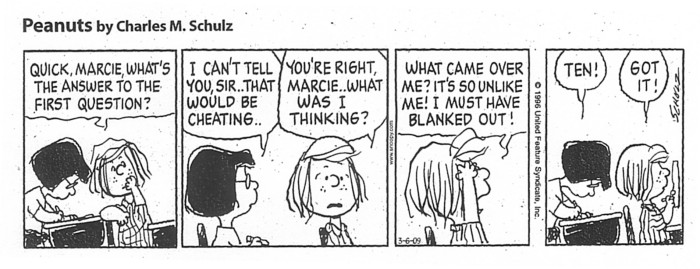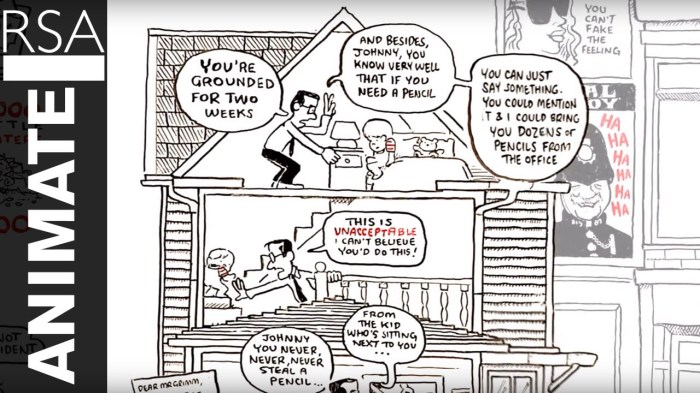
Fermat2.Donut.Simpsons.jpg
As a precursor to studying Algorithms and Artificial Intelligence in detail, I thought it would be a good idea to go through the lecture notes of Eric Lehman’s popular Mathematics For Computer Science class taught at MIT. And after giving it some thought, I decided that reading up some popular texts on math, especially number theory, beforehand would generate the kind of enthusiasm required to commit yourself to a class as rigorous as the one mentioned.
I have been a huge fan of Simon Singh since the time I accidentally picked up The Code Book from the local bookstore. By far, it is one of the best non-fiction books I’ve read and I’m pretty sure, one of best cryptography books out there in the market. A quick glance into his bibliography told me that he is very much into math and has authored too equally popular books on the subject.The first, Fermat’s Last Theorem (or Fermat’s Enigma in the US) tells us the story of a three centuries struggle to prove the most elusive conjecture in the world. And like The Code Book, it was a riveting read. It was just the kind of book I needed to rekindle my affection for the subject. From the time of Pythagoras and his triplets to the prince of Amateurs, Fermat notoriously refusing to put down a proof for his theorem to a Frenchwoman’s struggle to make a place in the patriarchal world of mathematics, the first half of Singh’s narrative set the stage for the kind of developments and sacrifices that were required to proceed towards the proof.
The second details two Japanese mathematician’s struggle to show the world the oneness of two apparently distinct fields of mathematics: the L-series of elliptic curves and the M-series of modular forms. This idea was almost as revolutionary as Maxwell uniting the fields of electricity, magnetism and light. Another mathematician, Frey, proved that if the Shimaru-Taniyanama conjecture could be proved, then Fermat’s Last Theorem would also be proved as a direct result. And proving this conjecture was exactly what Wiles managed to do and earn himself a permanent place in the hall of fame of mathematicians. I’ve written an extremely watered-down, layman version of the proof on Quora. You can find it here.
Extremely impressed by Singh’s narration of one of the greatest stories in Mathematics, I quickly proceeded to read The Simpsons and their Mathematical Secrets. Published in 2013, I didn’t find the book to match up to the standards of the other two books. A lot of information contained was repeated material. Nevertheless, it did induce me to give a go at watching the longest running TV show in America.
Shorly afterwards, I picked up William Dunham’s Journey Through Genius. I put the book down after going through the contents and a couple of chapters. The book was essentially a collection of some of the most famous mathematical proofs. Unfortunately, the proofs presented, such as Euclid’s proof to the Pythagorean theorem, Newton’s Binomial Theorem and Heron’s formula to calculate the area of a triangle were proofs that I’d already studied about. I thought it redundant to spend time reading stuff I already knew about.
So as a substitute, I started reading Strogatz’s The Joy of x. I quickly realized that this was a book intended for people with a non mathematical background but since it was a small book, I decided to go through it anyways. It did manage to give some valuable novel insights into topics I already knew about. All in all, I think I’d have appreciated it more if I’d read this back in high school.

The last book I read as part of my ‘Math Marathon’ was a fictional piece of work by Abbot titled Flatland: A Romance of Many Dimensions. Singh spoke highly of the book in his The Simpsons and their Mathematical Secrets so I decided to give it a try. It was an extremely light read and a satire on the system of class in our society.
With this little warm up, I should able to descend into more serious mathematics. It is imperative that I develop an extremely strong understanding of Number Theory, Probability and Statistics. I’ll be updating about my progress in the aforementioned fields soon.
















![Viktor Frankl and his second wife Eleonore, Photograph, Around 1948 UNSPECIFIED - CIRCA 1948: Viktor Frankl and his second wife Eleonore, Photograph, Around 1948 (Photo by Imagno/Getty Images) [Viktor Frankl mit seiner zweiten Ehefrau Eleonore, Photographie, Um 1948]](https://theblackswansongs.files.wordpress.com/2016/05/str-2.jpg?w=295&resize=295%2C198&h=198#038;h=198)












































